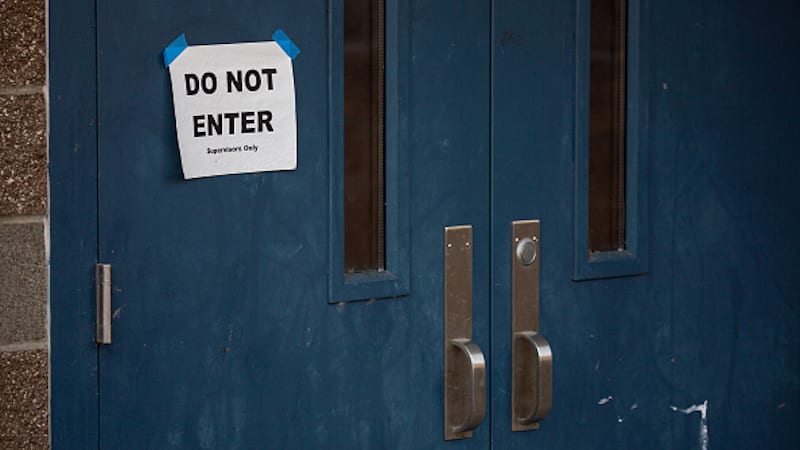The coronavirus pandemic has laid bare something that educators have always known. Schools, side by side with hospitals, are the most important institutions in our country’s social safety net. Of course, we’ve said this since the era of school shootings, where teachers have placed their bodies (literally) in front of students to keep them safe.
But the coronavirus pandemic has put this into even sharper focus, as we grapple with the domino effects of closing entire school districts for prolonged periods at a time. Some public schools will be closed anywhere from a day to a month. Yet, others, such as the New York City system, are still, at this writing, open.
Thus far, dealing with the coronavirus has highlighted four important things about our nation’s schools:
Schools are key to keeping the economy running.
Schools are essential to our economy. Not just because they are employers, but because they also enable parents to get to work. Not everyone can work remotely, and those who are providing the most essential services these days, like grocery store employees and home health aides, can’t stay home with their kids. School closings mean a childcare crisis for millions of Americans.
Schools provide respite housing for homeless students during daytime hours.
According to the Brookings Institute, there are 1.3 million homeless students in the U.S. They sleep in places such as domestic violence shelters, transitional housing, motels, hotels, cars, parks, bus or train stations. Some students “couch surf” by sleeping a night at a time with a family member or friend. For these students, school provides the safety and structure they lack because they have no stable place they can call home.
Schools help to prevent large-scale child hunger every day.
Nearly 30 million children rely on the federal government’s free and reduced lunch program. According to a CNN report, one of the most pressing concerns of school districts is just how kids will eat if schools aren’t open to feed them. Some school districts have designated sites where students can “grab and go” to pick up their food, and local restaurants are trying to fill the void. But, New York City Mayor Bill DeBlasio has cited his concern as one of the primary reasons why the city’s schools remain open. “We know that for many families, school is the only place to get meals for the day and that need continues even if a school closes,” he said through a spokeswoman.
Schools are the primary source of public health information for many families.
Every day, educators are informing children and families about the basic science of the disease, ways to stop the spread, and what to do if kids or family members get sick. We are crisis counselors, helping allay fears of scared children and families. Especially for our immigrant families, who may be too scared to reach out to other government agencies, schools are providing necessary, timely information in multiple languages.
Our schools are frequently criticized for falling test scores. Teachers are blamed by those who say that our preparation programs aren’t rigorous. As one “expert” said of our education system: “It just isn’t working.”
But as this time of national crisis has shown, schools are much more than test-prep factories. Educators have filled in society’s gaping holes by providing food, housing, childcare and public health information on shoestring budgets. Because public schools are picking up the slack for so much of the government’s failings, it is important that they receive the funds necessary to meet these needs when the next crisis knocks on our doors.
Officials may have no choice but to close schools to try to ward off this pandemic. But when they open again, we need to acknowledge how critical schools and educators are to a functioning social network. No longer can we be judged by lesson plans and test scores; we must be valued for the essential role we play in protecting our country’s health and safety.
Looking for more resources during these uncertain times? Check out our list of online tools for teaching virtually.
Plus, what teachers need if we want to save public education.
